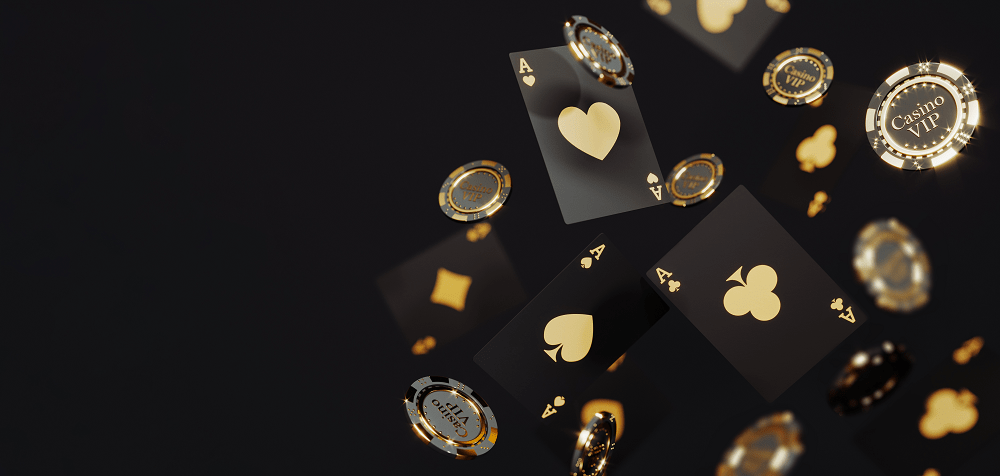I don’t gamble.
It never made sense to me.
Why would I want to play a game where the odds are heavily stacked against me?
It’s like starting a 100-yard race 20 yards behind the starting line.
Sure, it’s possible you could win.
But you’re starting at a huge disadvantage.
That’s why I’m never tempted to walk into a casino.
My mind immediately starts calculating the house’s advantage at every game.
The games that are closest to the entrance — slot machines — are the ones where the casino has the greatest edge.
Using maximum coin play, your odds of winning the top prize range from 1-in-5,000 to 1-in-34 million.
I can’t figure out why anyone would play the slots.
But the game where the casino has the smallest edge is baccarat.
And casinos usually place those tables all the way in the back.
Because they hope that by the time you walk there, you’ll have played all the games where they have the edge first.
Wall Street works the same way…
Winners and Losers
Whenever Wall Street is selling you something, hold on to your wallet.
It sells retail investors the products that make it the most money.
It has no interest in helping you make money.
And initial public offerings (IPOs) are Wall Street’s slot machines.
The odds are heavily stacked against Main Street investors. Here’s why…
The purpose of an IPO is to raise capital or provide liquidity for insiders to cash out.
It’s in Wall Street’s best interest to sell those shares at a high price.
That means more dollars in its pockets and additional business from its clients.
When the company goes public, it sells its shares at high prices to retail investors.
Wall Street and insiders profit, but retail investors end up losing.
So, the next time you’re tempted to buy an IPO, don’t say I didn’t warn you…
Better Odds
IPOs also have terrible long-term track records.
From 1980 to 2019, the average three-year buy-and-hold return was a 15.8% loss.
And over the short term, it’s even worse!
Last year, close to 400 companies went public and raised more than $150 billion.
Nearly 80% of them are currently trading below their IPO prices.
Coinbase went public in April 2021, and investors bid up shares to $328.
This gave the cryptocurrency exchange a market cap of $86 billion.
Currently, it’s trading for $68 per share — an 80% drop.
That’s why I’ve never invested in IPOs.
Instead of playing Wall Street’s slot machine, I walk to the back of the casino.
There, the odds are heavily in our favor.
And I haven’t found a better catalyst to those odds than spinoffs.
That’s where we have the edge…
Your Edge
Spinoffs happen when a company decides to spin off a section of its business.
They’re mainly done to increase shareholder value.
But there’s a glitch in the way Wall Street distributes the shares of the new company.
And that puts big Wall Street institutions at a disadvantage.
But for Main Street investors like you and me, it’s almost like we become the house.
Unlike IPOs, spinoffs aren’t sold from big investment banks to retail investors.
The shares are given directly to shareholders.
And most of the time, spinoffs end up being much smaller than their parent companies.
They’re too small for an institutional portfolio, so Wall Street doesn’t bother analyzing them.
Instead, they’re sold immediately — regardless of price or fundamental value.
It’s basically the reverse of an IPO!
And the proof is in the pudding.
In my next Real Talk, I’ll share just how much of an advantage spinoffs give us — including how they beat the market by almost triple in the long run.
You won’t want to miss these insights. So, stay tuned.
Regards,
Founder, Alpha Investor
